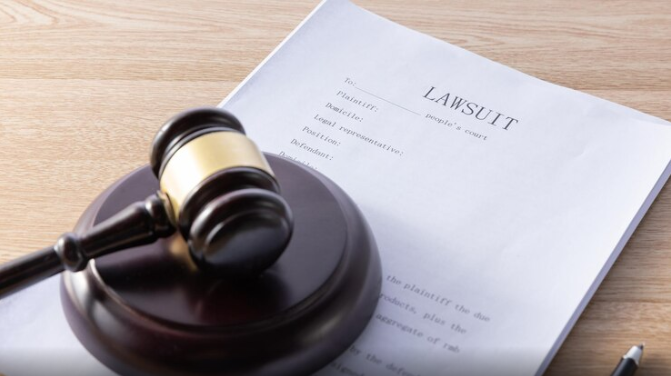Taking a Home Insurance Claim to Court
Pre-Trial Discovery Phase
When homeowners' insurance disputes reach litigation, both parties engage in extensive information exchange through the discovery process. The insurer must produce its complete claim file, including adjuster notes, internal communications, and coverage determination documents that were previously inaccessible to homeowners. Policyholders provide personal financial records, prior insurance claims history, and detailed property documentation. Both sides conduct depositions where insurance adjusters, contractors, engineers, and the homeowners themselves testify under oath about the claim circumstances. This discovery phase typically spans 6-12 months, during which previously hidden information often emerges about claim handling practices or property conditions that significantly impact settlement discussions.
Expert Witness Requirements
Contested home insurance claims rely heavily on competing expert testimony. Homeowners typically engage independent contractors, public adjusters, or building consultants to document the extent of damage and appropriate repair costs. Insurance companies counter with their own engineering experts addressing causation questions (whether damage resulted from covered perils) and construction specialists challenging repair methodologies and pricing. Both sides must formally disclose their experts' qualifications, opinions, and supporting documentation within court-mandated deadlines. Expert testimony significantly impacts case outcomes, as judges and juries typically lack technical knowledge about construction practices, material costs, or insurance industry standards necessary for independent evaluation.
Settlement Negotiation Dynamics
Approximately 85-90% of home insurance lawsuits settle before trial, with settlement dynamics evolving throughout the litigation process. Early settlement discussions typically occur after initial discovery reveals case strengths and weaknesses previously obscured. Court-ordered mediation, where a neutral third-party facilitates confidential negotiations, resolves many cases by providing structured communication opportunities without trial risks. Settlement discussions intensify before significant litigation expenses occur, including expert witness fees, trial preparation costs, and potential attorney fee exposure. Insurers often increase settlement offers as trial approaches, particularly when discovery reveals questionable claim-handling practices that might trigger additional bad-faith penalties beyond policy benefits.
Trial Procedures and Timeframes
Home insurance cases reaching trial follow specialized procedures affecting case presentation. Most courts require pre-trial conferences where both sides present witness lists, exhibit catalogues, and legal arguments for judicial review before jury selection. Trials typically begin with policyholders presenting their case first, demonstrating coverage entitlement, damage validity, and proper claim submission. Insurance companies then present defenses focusing on policy exclusions, alternative damage causes, or procedural claim deficiencies. Most residential insurance trials last 3-5 days, though complex cases involving multiple damage types or coverage questions may extend to two weeks. Jury deliberations typically require several hours to two days, with verdicts addressing both coverage entitlement and specific damage valuations.






